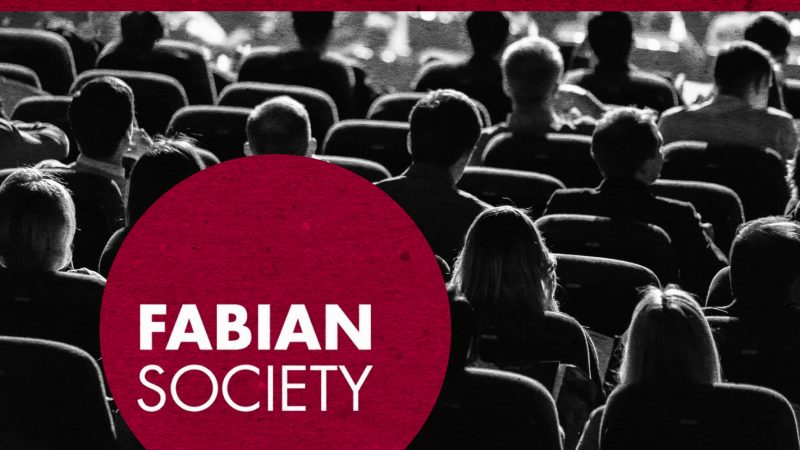
This time next year, Labour will be in election mode. The general election may not happen until the dying days of 2024, but Keir Starmer will need to be ready to fight at any time the Tories choose, meaning that 2023 is the last year for the party to build its policy platform. In the summer, there will be a meeting of the national policy forum, modelled on the famous Warwick summit between the affiliated unions and Tony Blair before the 2005 election. Many of the crunch decisions will be made then.
But the thinking and discussion will last all year. Next Saturday, it starts with a new year conference organised by the Fabian Society and the Foundation for European Progressive Studies (FEPS). Rachel Reeves will lead a team of ten Labour shadow ministers who will come together to debate with 500 delegates and almost 100 expert speakers. Reeves will make a keynote speech on economic policy, setting out some of Labour’s key priorities for growing the economy and sharing prosperity. New announcements on Labour’s policy thinking are expected.
Other shadow cabinet heavy-hitters include Ed Miliband on the environment, Bridget Phillipson on education, Jonathan Reynolds on the economy and Jonathan Ashworth on inequality. On some of those topics, we have a pretty clear idea what Labour is planning. Ed Miliband’s environment brief is perhaps the most developed, along with the party’s employment rights agenda and industrial strategy.
But on other questions, there are a lot more blank spaces left to fill. Bridget Phillipson has made it clear that her top priority is early years and childcare, but what should the party’s pitch be on schools, universities and skills? And while Jonathan Ashworth has had a busy start to the year presenting Labour’s ideas for employment support, the party has said little about its plans for poverty and destitution. On questions like this, the reality is that Labour shadow ministers can’t promise all they’d wish to, because the price tag for policies is too high for a fully-costed manifesto.
Reeves will certainly be asked about those sort of fiscal choices. The Shadow Chancellor knows she faces a tight-rope between reheating failed austerity and a spending splurge the Tories will pounce on. Saturday’s audience of Fabian and Labour activists will know there’s a balance to strike too, but they will want to hear the detail.
If Labour can’t spend all it might like, the party will also need to make big promises that don’t involve expenditure, on issues from the green transition to healthy lives. In every area of policy, politicians, policy wonks and party members need to pitch ideas that will make a real difference without extra government spending.
Elsewhere at the conference, there will be debates on Labour’s approach to foreign policy, populism, crime and devolution. To counter the insularity that has always dogged UK policy debates, the sessions will have international speakers offering overseas perspectives on options for the British left.
Saturday will be a day for testing the temperature on Labour’s policy programme. It will reveal the disputes, the points of consensus and the holes where more work is needed. As the party edges closer to election day, this is the conference to map out the policy agenda for Labour’s pathway to power.
The FEPS-Fabian new year conference takes place on January 21st. You can attend for free by joining the Fabian Society or buy a ticket here.




More from LabourList
SPONSORED: ‘Industrial hemp and the challenge of turning Labour’s priorities into practice’
‘A day is a long time in politics, so we need ‘action this day’’
Strong support for child social media ban among Labour members, poll reveals